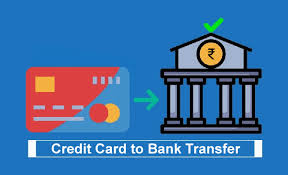Physical Address
60 Ekwema Cres, Layout 460281, Imo
Physical Address
60 Ekwema Cres, Layout 460281, Imo

Paystack, Nigerian payment Fintech, recently released its 2023 performance. The report revealed the achievements and improvements the company made in the year. The report also revealed the highest number of subscribers in the African region.
It is no surprise that Nigeria comes first in the line of African countries making use of the payment platform. This development highlights the question: Do Nigerians prefer payment via bank transfer or card payment?

In the Nigerian market, the platform revealed the bank transfer method is the most preferred form of payment for the average Nigerian. Payment by card is set as the second most preferred form of payment in the nation.
For Ghana and Kenya, the bank card is the most preferred form of payment, and otherwise for South Africa.
The paystack report unleashed Nigerians’ curious minds on the preferred method of payment in the country. Speculations revolving around bank transfer payments overriding card payments were also made.
However, according to a report made by Techpoint, Edidiong Uwemakpan, VP, of Brand, Communications, and PR at Moniepoint highlighted that more individuals make card payments than online transfers.
See this: Visa Announces a $2.5 Million Grant Contest for Female Entrepreneurs in Kenya
Nevertheless, payment via bank transfers is accelerating in the nation. In the 2022 pppo report, Nigerians were relying more on card payments and less on bank transfers.
The Paystack report reveals the country’s move from card dependency to bank transfers. The move to transfer is likely influenced by many factors.
The shift towards digital payments, bank transfers, is important, as it opens the door to a wider range of digital financial service solutions.
There are risks with digital payments, however, financial technology solutions are willing to do the work, and by helping businesses grow, take the Nigerian economy to the next level.
Interact with us here:
Facebook: Silicon Africa.
Instagram: Siliconafricatech.
Twitter: @siliconafrite